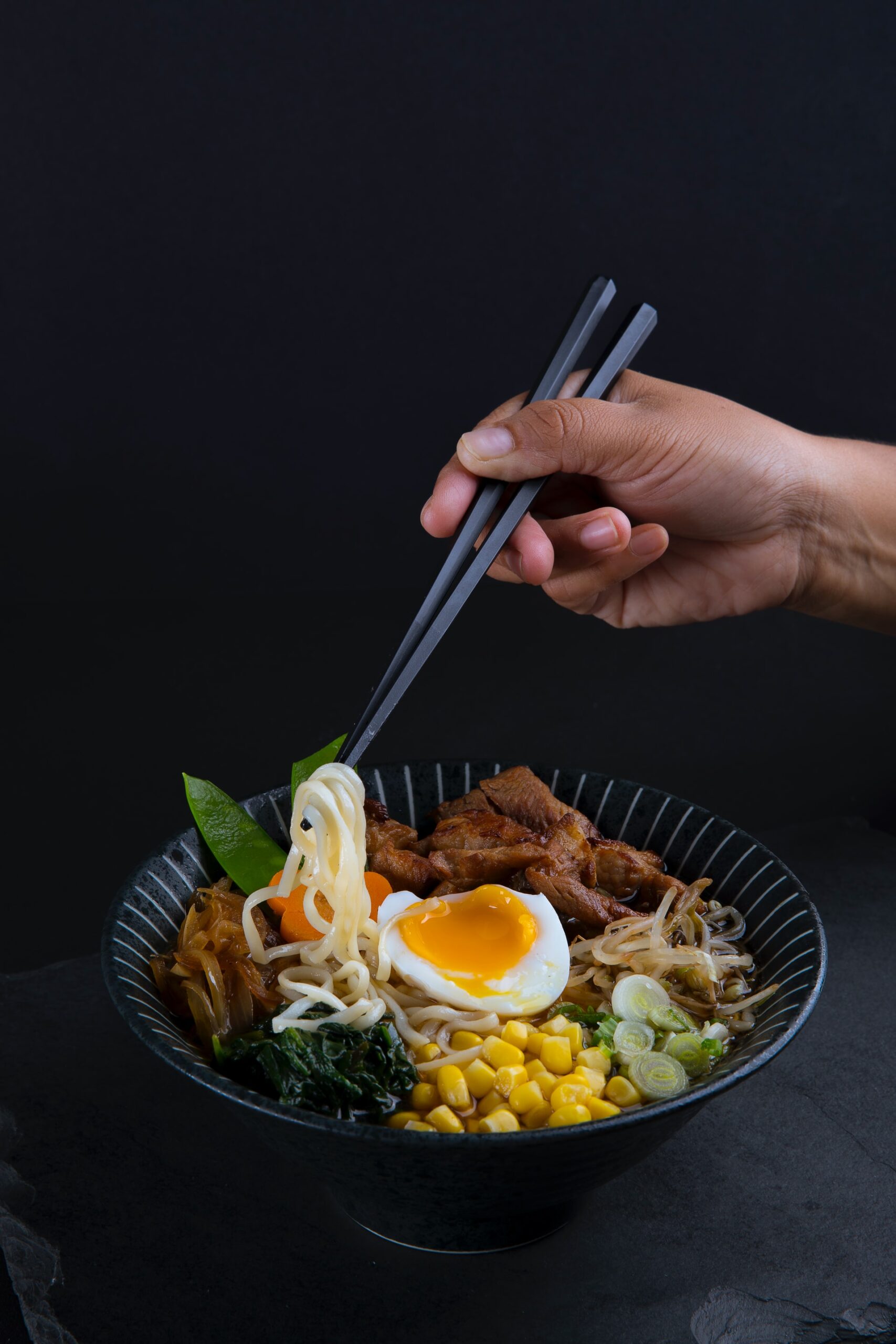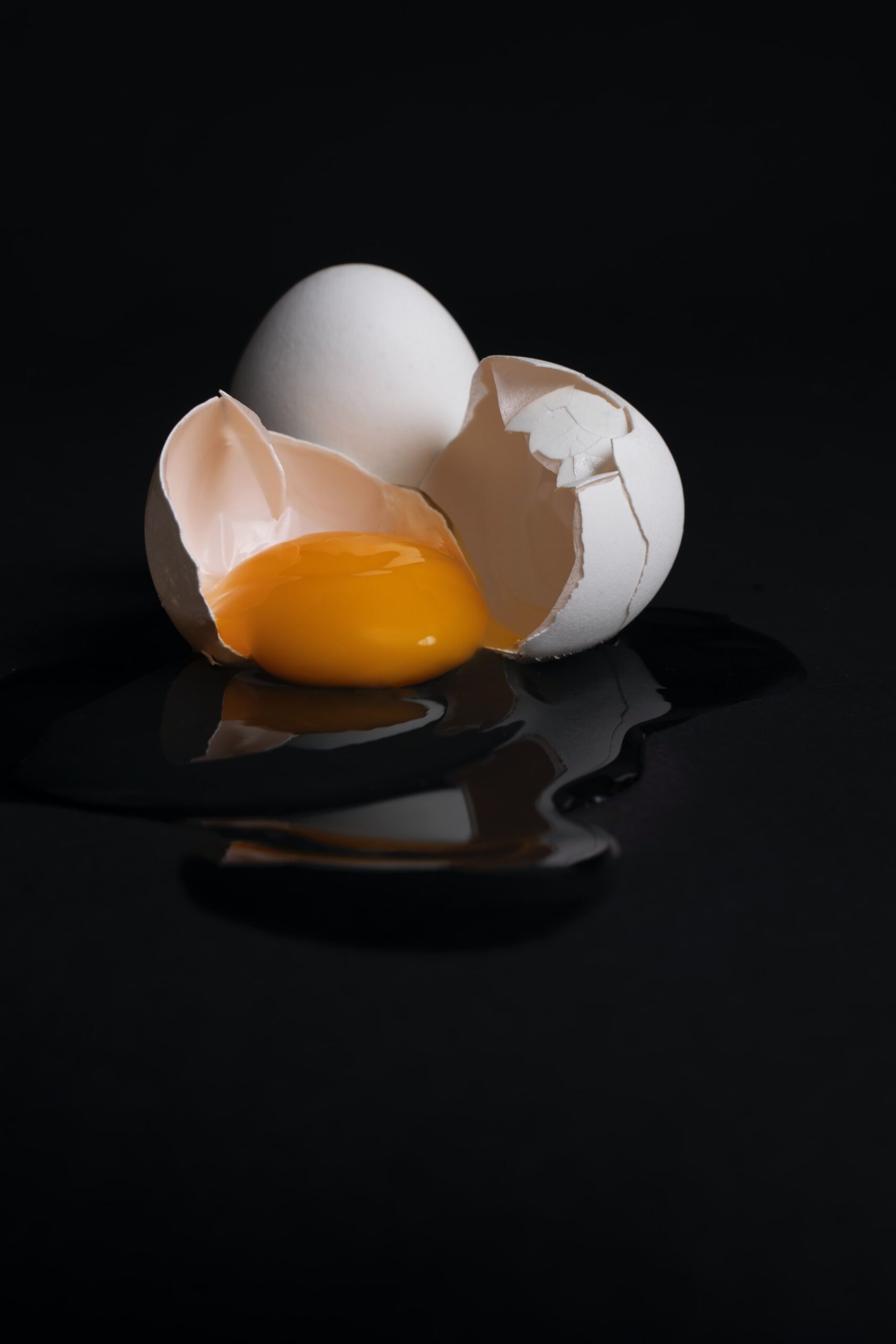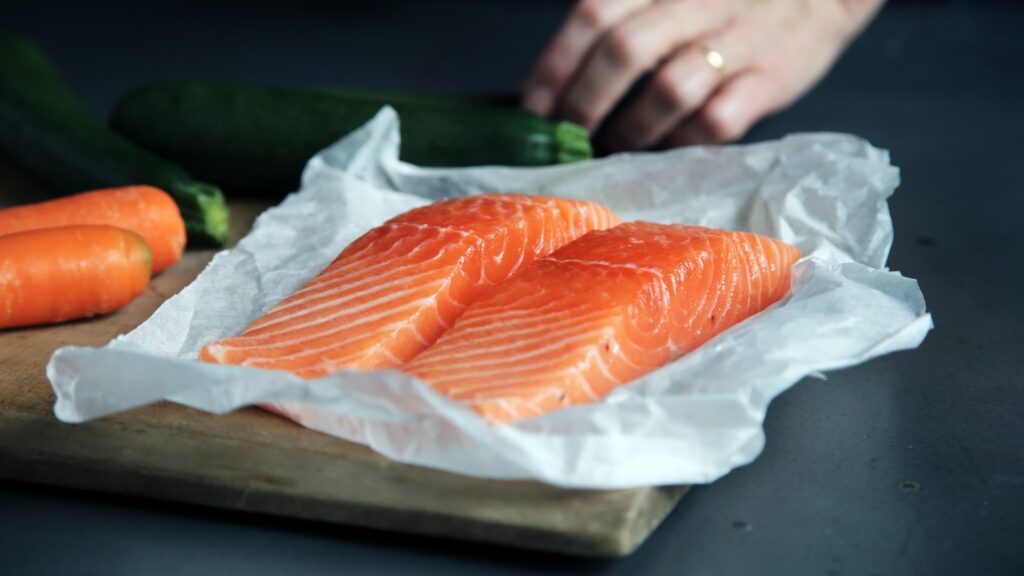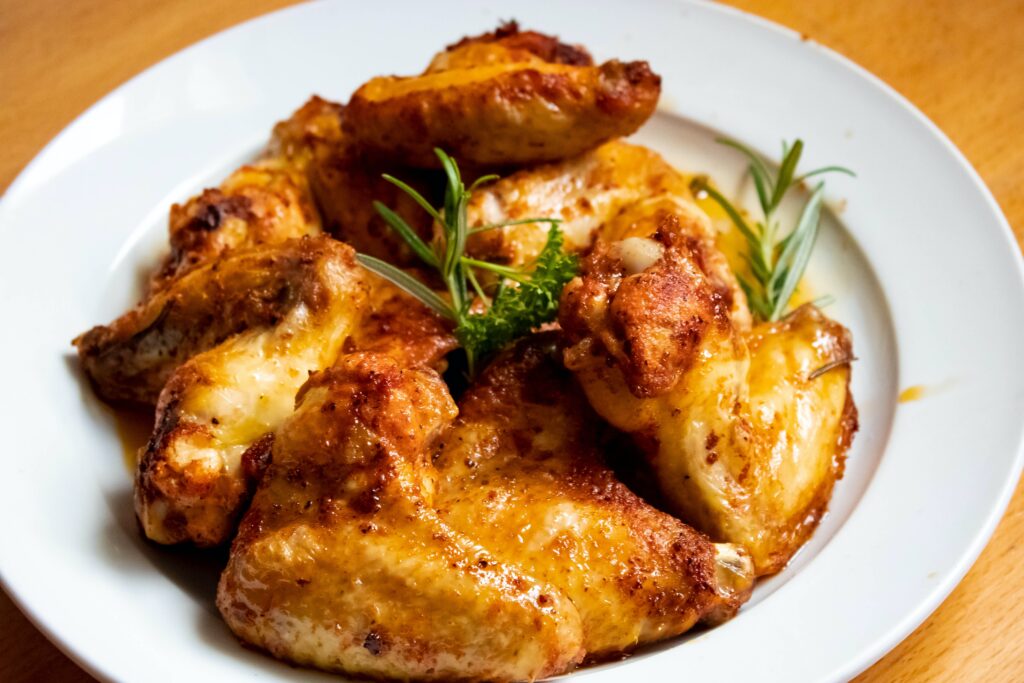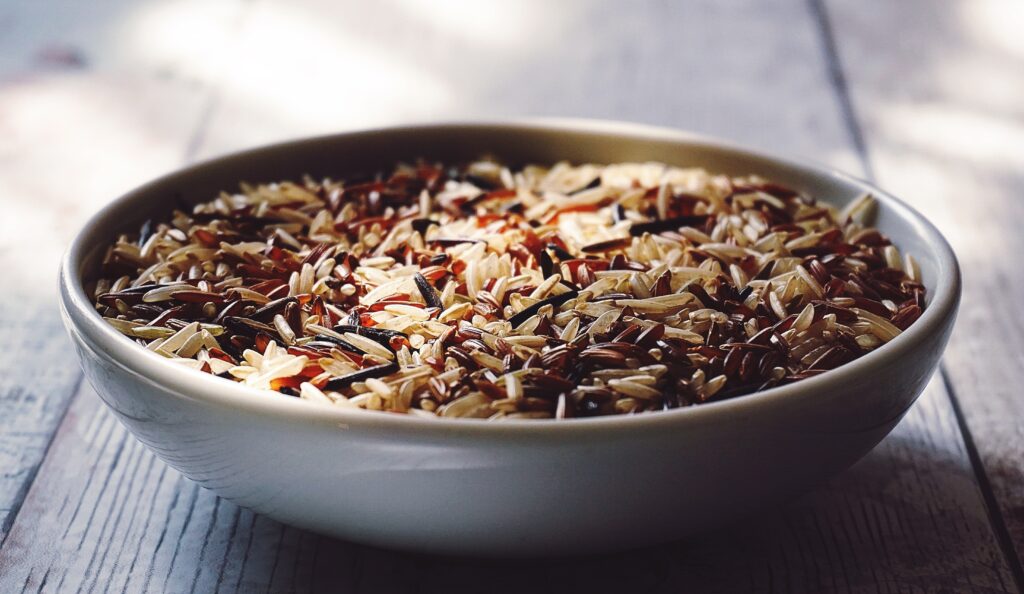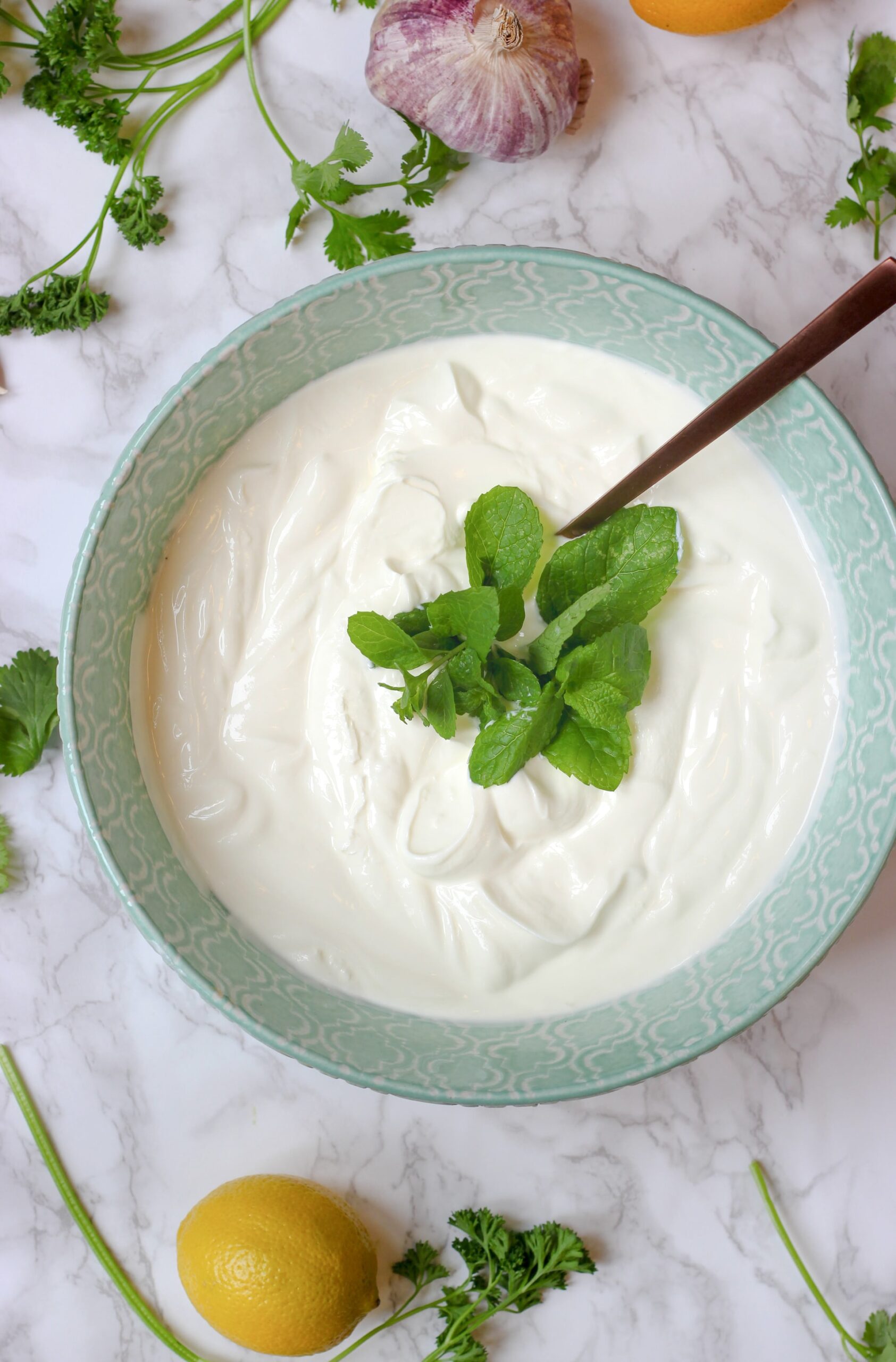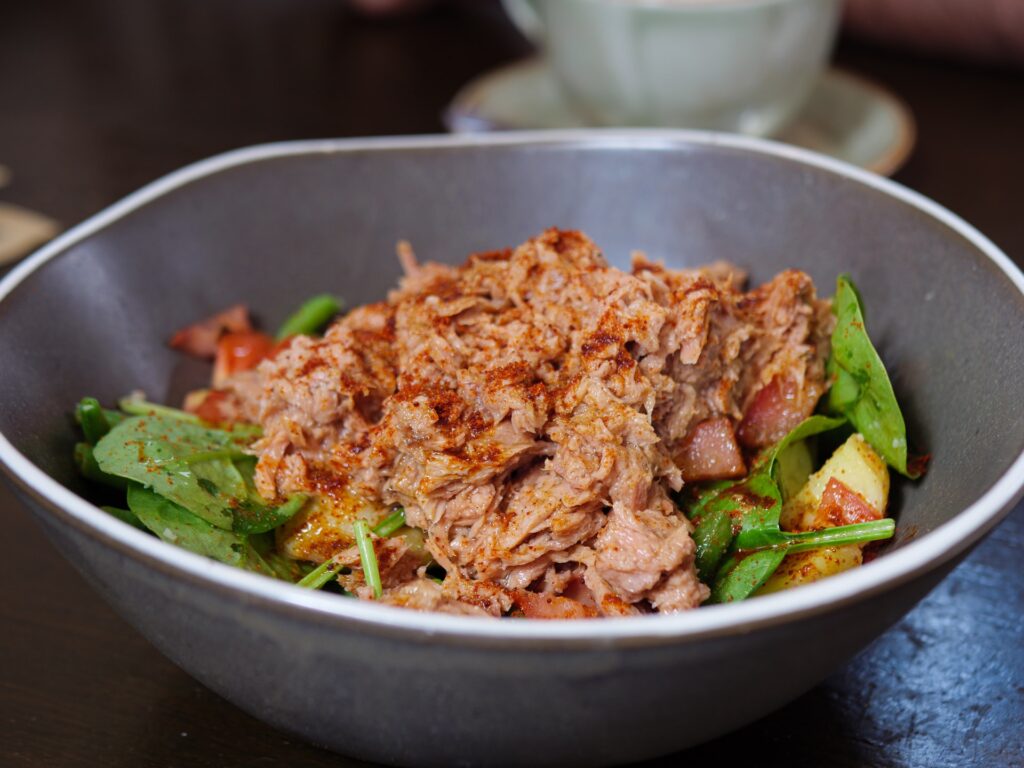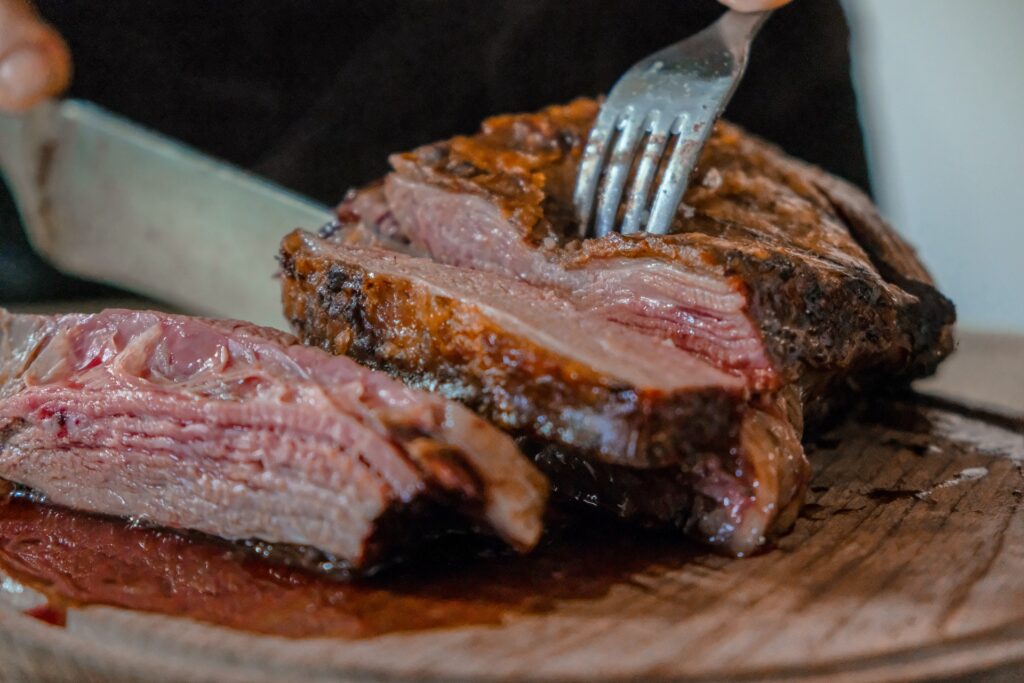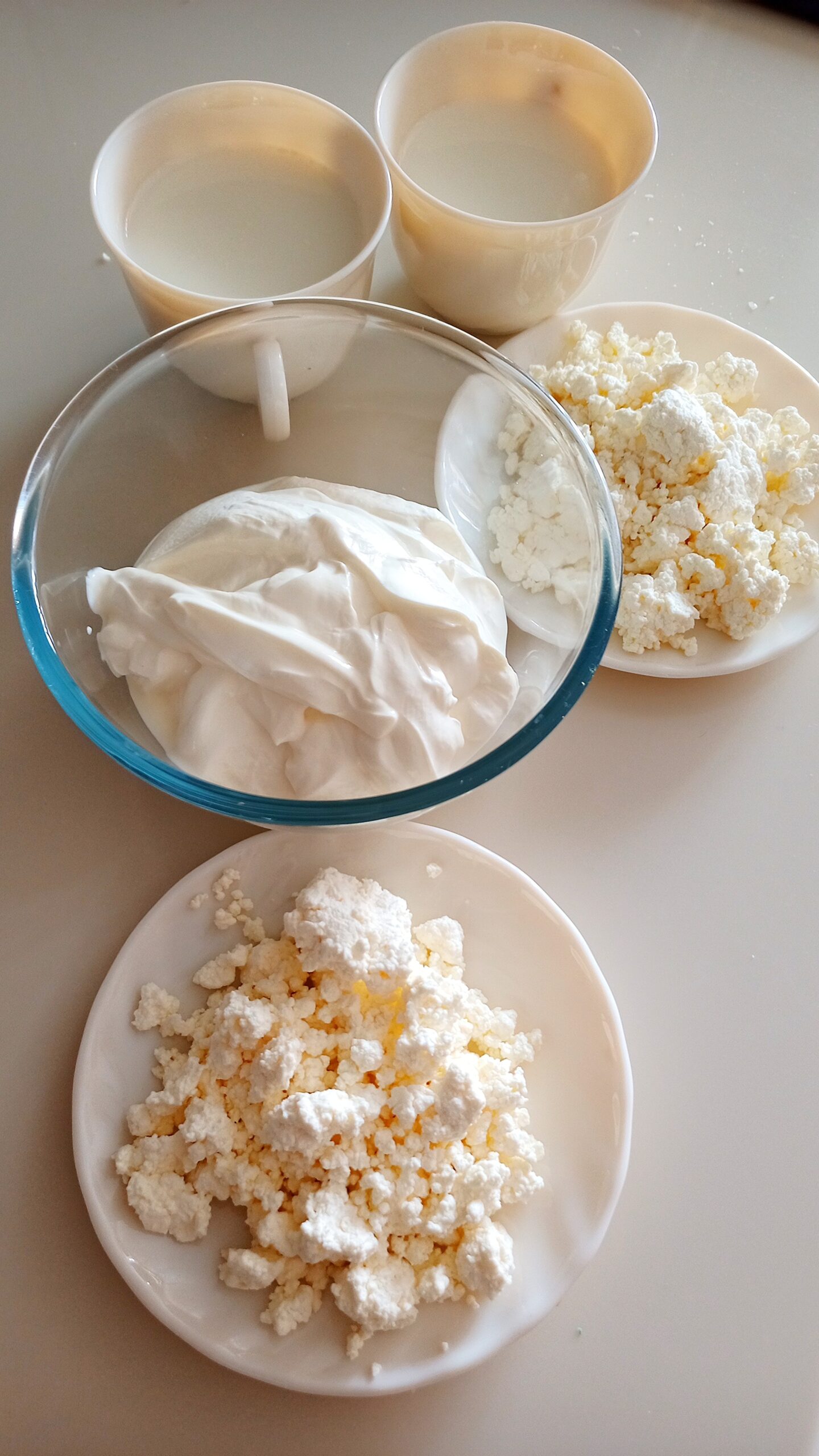Nutrition and Sports: Essential for Building Lean Muscle
When it comes to bodybuilding and gaining lean muscle, both nutrition and physical activity play crucial roles. Engaging in regular physical exercise is essential to challenge and stimulate your body. However, without a proper diet, your progress can be significantly impeded.
A diet rich in protein is vital for muscle growth and repair. Proteins provide the necessary building blocks for developing muscle mass efficiently. In addition to protein, carbohydrates and fats are also important as they supply the energy needed for your workouts and overall bodily functions.
Balancing these nutrients—proteins for muscle development, carbohydrates for energy, and fats for essential functions—will support optimal progress and help you achieve your bodybuilding goals.
Here are some foods that help build muscle.
Eggs
Salmon
Salmon is an excellent option for muscle building and overall health. A 3-ounce (85-gram) serving provides roughly 17 grams of protein, around 2 grams of omega-3 fatty acids, and a range of essential B vitamins. Omega-3 fatty acids are particularly beneficial for muscle health, potentially enhancing muscle growth during exercise.
Chicken breast
Chicken breasts are a top choice for athletes, particularly bodybuilders, aiming to enhance muscle growth. Each 3-ounce (85-gram) serving provides about 26 grams of high-quality protein. Additionally, chicken breasts are rich in B vitamins, including niacin and B6, which are crucial for optimal physical performance and recovery. Some studies also suggest that a protein-rich diet featuring chicken can aid in reducing unwanted body fat.
Brown rice
While a cup (195 grams) of cooked brown rice offers just 5 grams of protein, it is an excellent source of carbohydrates, which are essential for fueling physical activity. Consuming healthy carbohydrate sources like brown rice or quinoa before your workout can enhance your exercise performance, allowing you to train more vigorously and optimize muscle growth. Additionally, research suggests that rice protein supplementation can yield muscle gains comparable to those achieved with whey protein in bodybuilding programs.
Greek Yogurt
Dairy products offer a rich source of high-quality protein, featuring both fast-digesting whey and slow-digesting casein proteins. Research indicates that consuming a combination of these proteins can promote increased lean muscle mass. However, not all dairy products are equal in their protein content. For instance, Greek yogurt contains twice as much protein as regular yogurt. It serves as a great snack anytime, but consuming it after a workout or before bed can be particularly advantageous. The blend of fast-digesting and slow-digesting proteins in Greek yogurt supports muscle repair and growth during recovery periods, whether after exercise or overnight.
Tuna
A 3-ounce (85-gram) serving of tuna provides 20 grams of protein, making it a substantial addition to your daily protein intake. In addition to its high protein content, tuna is rich in vitamin A and several B vitamins, including B12 and B6, which are crucial for optimal health, metabolism, and exercise performance. Tuna also offers significant amounts of omega-3 fatty acids, which are beneficial for muscle health. This is particularly important for older adults, as research indicates that omega-3s can help slow the age-related decline in muscle mass and strength, which typically decreases by about 3 to 5% per decade.
Beef
Beef is a valuable source of high-quality protein, B vitamins, minerals, and creatine. Research suggests that consuming lean red meat can enhance lean muscle mass gains from weight training. Additionally, beef can support muscle growth while maintaining a manageable calorie intake. For example, a 3-ounce (85-gram) serving of 70% lean ground beef provides 228 calories and 15 grams of fat, whereas 95% lean ground beef offers slightly more protein, with 145 calories and 5 grams of fat. This makes lean beef a practical option for those looking to build muscle without excessive calorie intake.
Cottage cheese
Beans
Incorporating various types of beans into your diet can support lean muscle growth. Common varieties, such as black beans and kidney beans, provide approximately 15 grams of protein per cup (about 172 grams) of cooked beans. They are also excellent sources of fiber, B vitamins, and essential minerals like magnesium, phosphorus, and iron. Beans are a valuable plant-based protein source and play a crucial role in long-term disease prevention and overall health.
The milk
Cow’s or goat’s milk offers a diverse nutrient profile. One cup of whole milk contains 8 grams of protein, 12 grams of carbohydrates, and 8 grams of fat. Like other dairy products, milk provides a blend of fast-digesting and slow-digesting proteins, which can be advantageous for muscle growth.
Studies have demonstrated that incorporating milk into your diet can enhance muscle mass when combined with weight training. Whether added to pre-workout snacks or consumed as part of a protein shake before or during exercise, milk can support muscle development and recovery.

